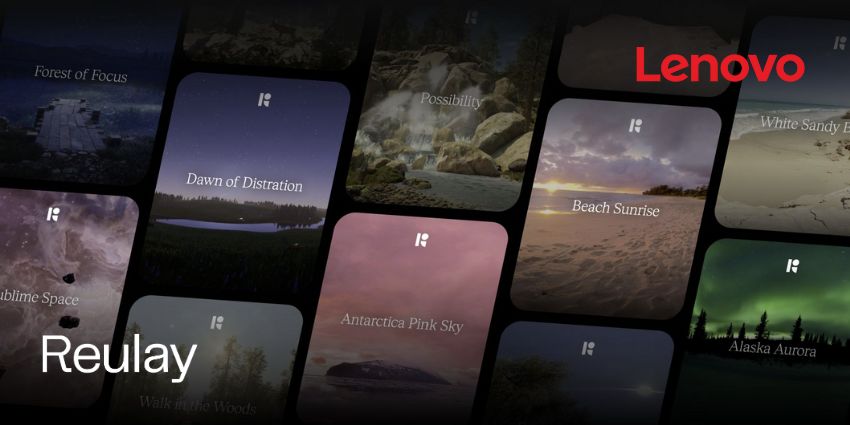Founded in 2012, Qbit Technologies calls itself “the virtual reality company,” and it has established itself as a leader in this space. In addition to VR, Qbit offers AR solutions as well, designing augmented and mixed reality experiences for marketing, training, and the tourism sector.
Interestingly, Qbit isn’t a platform provider – it uses its in-house technologies and tools to develop bespoke VR products and solutions for your organisation. The company has led three founding rounds till date, picking up $85,000 in the last round in 2016.
What are the Key Features of Qbit?
Qbit caters to a diverse array of clients around the world including the University of Venice, Swiss Post, Philip Morris, and PwC among others. Here is a quick review of the key features Qbit has to offer.
Customisable virtual spaces
Qbit provides companies with fully customised virtual spaces, where the surroundings are tightly coupled with productivity. For instance, it equips universities and educational institutions with collaborative training simulations in VR. Qbit also delivers conferencing spaces, VR stores, and even entire shopping malls, rendered in a 3D environment.
VR products and in-app commerce
One of the biggest USPs of Qbit is its ability to support in-app purchases. Not only can users log into a meeting or a shared space, but they can also interact with products and purchase them directly within the application. This makes it much easier to monetise enterprise VR products – for example, you could create a VR employee benefits catalogue billed directly from the app.
Built-in collaboration aids
Collaboration spaces by Qbit like conference rooms, event spaces, marketing kiosks, etc., are fully furnished with your favourite collaboration aids. Whiteboards, screen sharing, voice chat, and instant messaging are woven into the environment. You could even integrate with external systems like a CRM for two-way data flow.
Internal and customer-facing AR apps
Qbit delivers powerful AR solutions for both internal and external use cases. You can create training enhancement in AR, including 3D interactive learning objects, collaborative AR spaces, and data collection in 3D. In a customer-facing context, you can use Qbit AR for marketing by displaying contextual information of any physical space or structure. Qbit supports user behaviour analysis and data reporting as well.
What are the Benefits of Working with Qbit?
If you’re looking for an end-to-end AR/VR partner to create collaborative spaces for internal and customer-facing interactions, Qbit is a compelling option. It can help visualise geo-localised content anywhere in the world while providing an accurate immersive experience. Its collaborative training solutions, particularly, offer a competitive value proposition both in AR and VR.
Who Should be Using Qbit’s Solutions?
Companies looking to monetise VR assets will find 3D Qbit’s e-commerce capabilities extremely useful. Indeed, companies relying on shared spaces in a big way – to deliver both internal services like training, employee support, etc. and customer services – can gain from Qbit. You would have to contact the company for a custom quote for your next AR/VR project.







